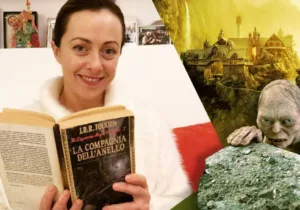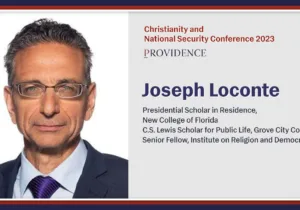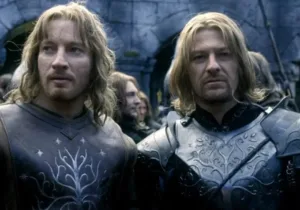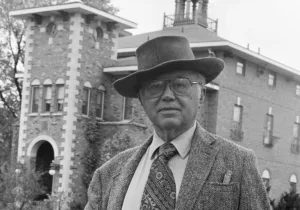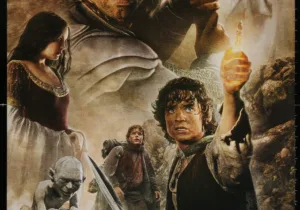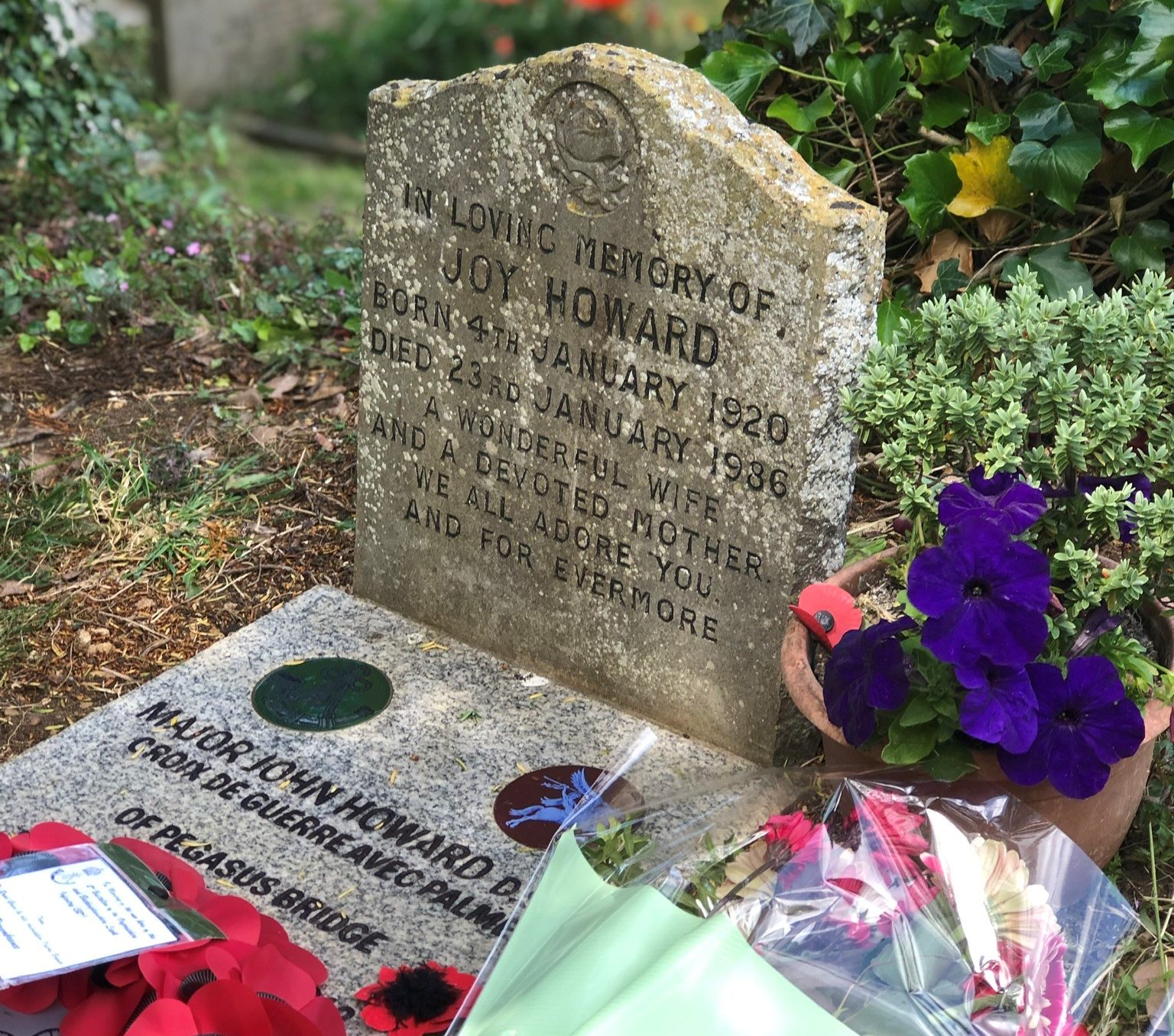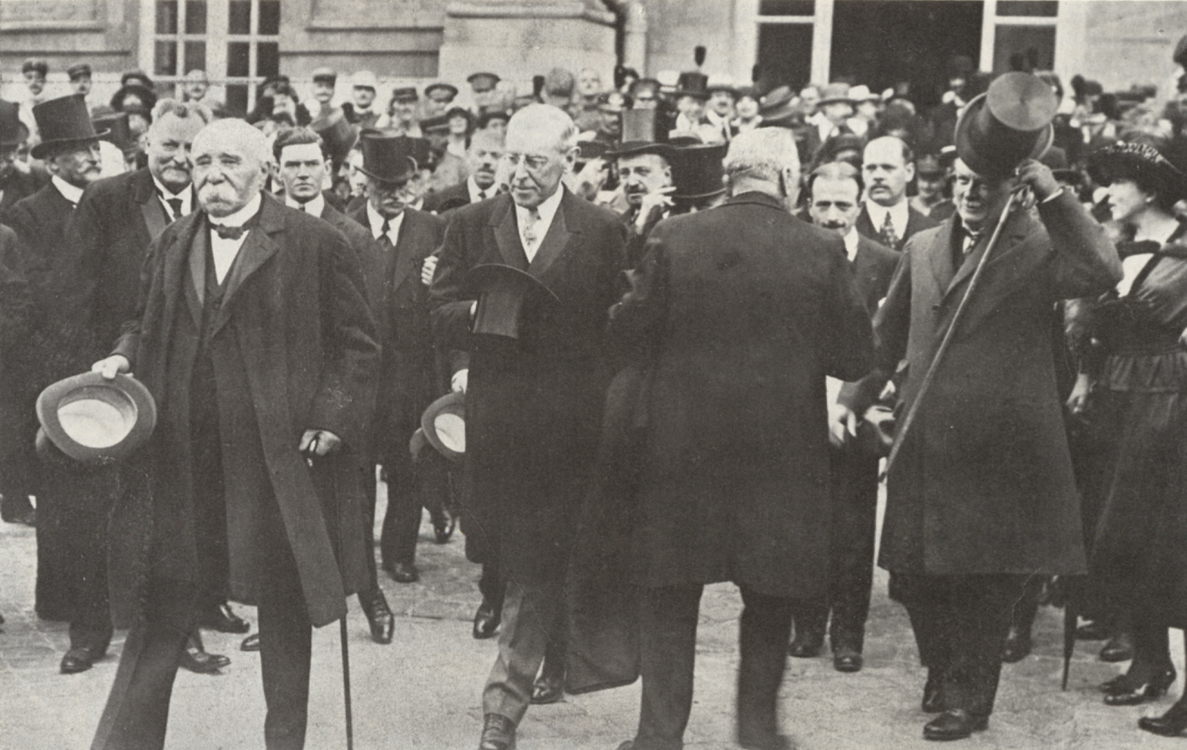Heil, Hobbit!: Giorgia Meloni and the Politicization of JRR Tolkien
In post-war Italy, the fantasy epics of JRR Tolkien became required reading for the post-fascist right; but does that really mean Hobbits were all Hitlerites?
Steven TuckerJanuary 16, 2024
Joseph Loconte Christianity & National Security 2023
Joseph Loconte’s lecture at Christianity & National Security 2023. Joseph Loconte discusses C.S. Lewis, J.R.R. Tolkien, and their perspectives on…
Joseph LoconteNovember 16, 2023
Ambiguity and Violence: A Christian Perspective
There is a fundamental ambiguity in the ability of humans to both good and evil
James RowellJuly 6, 2023
Brad Birzer’s Christian Humanism for the Modern World
Review of Hillsdale professor Brad Birzer’s book on Christian humanism
Michael LuccheseJune 6, 2023
Star Wars, Tolkien, and Religion: Belief Matters
Tolkien and Lucas have tales of myth, but they have been so popular because their themes resonate so clearly with real life.
James RowellJune 2, 2023
The Crisis of the University
We need to become outposts of intellectual seriousness and Christian virtue and moral sanity that expose the darkness of our generation.
Joseph LoconteMay 30, 2023
G.K. Chesterton’s Lessons for Patriotism and the Olympics
The world is watching as Beijing hosts the XXIV Winter Olympiad. There is something about the Olympics that elicits national pride. But is sport a form of patriotic action?
Eric Patterson & Abigail LindnerFebruary 3, 2022
An American Airman in Oxford: Reflections on D-Day, Major John Howard, and the US-UK Alliance
Veterans of the Oxfordshire and Buckinghamshire Light Infantry Regiment, more commonly known simply as the “Ox and Bucks,” hosted our small US military contingent. The locus for the day’s ceremony was the gravesite of Major John Howard, commander of D Company of the Ox and Bucks.
Joseph O. ChapaJuly 3, 2019
1919: Wilson, the Covenant, and the Improbable League
Perhaps an insight from the character of Elrond in J.R.R. Tolkien’s The Lord of the Rings, about the nature of our mortal lives, offers a measure of Christian realism in the face of Versailles: “And the Elves believed that evil was ended forever, and it was not so.”
Joseph LoconteJune 27, 2019
